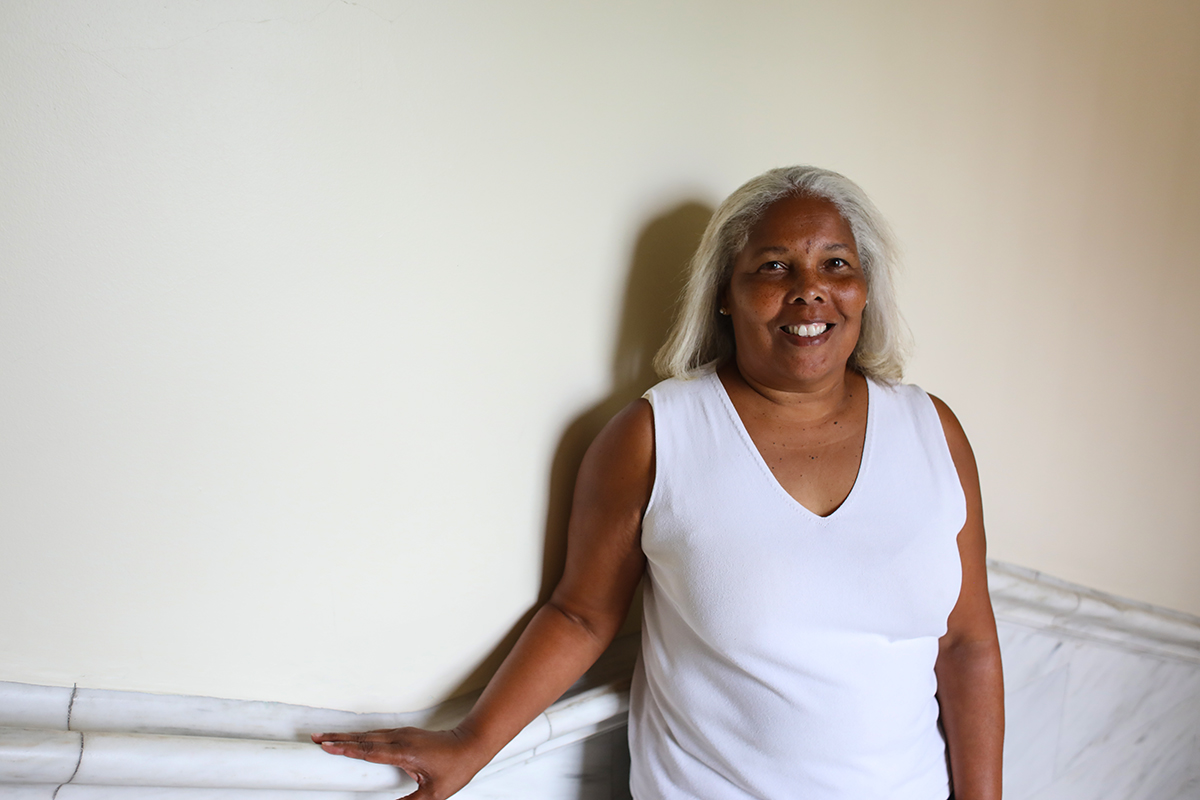It became apparent early on that this community was hurting and that lack of trust was an issue. As I began my work, I felt it was important to provide an additional tool to address the harm. Restorative Justice circle work is such a tool. In the spring of 2018 more than 80 of our faculty and staff participated in several two-day trainings from Suffolk University’s Center for Restorative Justice. It was an opportunity to learn an alternative way to have difficult conversations and take action and/or shift a mindset so people could feel heard. Some faculty introduced restorative justice in their work within dorms, advisory sessions and classrooms. It is now an integral part of the foundation in our Community Conduct program, and it has been adopted into our work with alumni who have been harmed.
Circle training plays to many of the principles that Exeter lives by. It enhances our ability to talk and to listen — respecting differences, valuing community, sitting with hard discussions, and holding each other with care. Respecting each other’s story. It makes the whole community that much stronger.
It has been exciting to hear from some faculty and staff about their use of this tool, and I hope we are able to continue to expand its use, especially with students and with the many new initiatives we are taking on.
